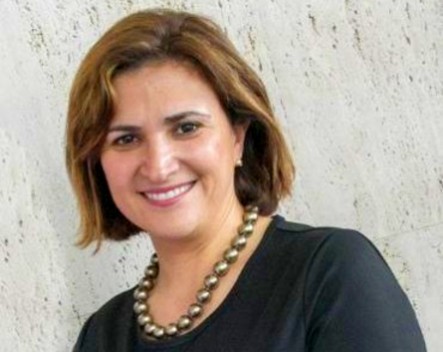
The distinction between retail and sophisticated investors will be crucial should the federal government adopt the key recommendations of the Financial System Inquiry, according to an entrepreneur who is helping streamline the financial services industry.
The inquiry, which was charged with investigating ways to reform the financial services industry in Australia and was chaired by David Murray, handed down its final report on December 7.
Peta Tilse, founder of Sophisticated Access, launched Cygura late last year – a secure, real-time registry for investors, advisers and accountants.
She says having a more streamlined approach to compliance through the use of modern technology will “tidy up” the entire process.
“If the government adopts the recommendations in the Murray Report, it is going to be even more critical for financial product providers and distributors to distinguish between the different investor types,” Tilse says.
“Getting this wrong means the consumer may not be getting the right levels of disclosure, or access to financial products. These issues have been at the core of some of the recent advisory scandals, and very costly to all parties involved.”
A sophisticated investor must have an accountant sign an Investor Certificate verifying they have earned at least $250,000 per annum for the past two years, or has at least $2.5 million in assets.
In turn, sophisticated investors receive priority access to institutional deals including pre-IPO offers, private placements, property syndicates and structured investment products. Sophisticated investors may also take part in peer-to-peer lending models and crowdfunding initiatives, however lose retail investor disclosure protections.
Tilse hopes to streamline the manual certification process for these types of investors in a way that is online, transparent, compliant and up-to-date.
“A lot of these investors are self-directed,” she says.
“And what we’ve been finding is because of the way the current system is – which is antiquated and paper-based – they might be cut off from a product or investment they are currently invested in [if their paper-based certification expires].”
“If you can clearly define if it was sophisticated and wholesale you don’t necessarily have clients investing in products that don’t suit them. You don’t want a mum and dad out there with a couple of hundred thousand dollars investing in potentially high-risk and potentially high-return opportunities.”


COMMENTS
SmartCompany is committed to hosting lively discussions. Help us keep the conversation useful, interesting and welcoming. We aim to publish comments quickly in the interest of promoting robust conversation, but we’re a small team and we deploy filters to protect against legal risk. Occasionally your comment may be held up while it is being reviewed, but we’re working as fast as we can to keep the conversation rolling.
The SmartCompany comment section is members-only content. Please subscribe to leave a comment.
The SmartCompany comment section is members-only content. Please login to leave a comment.